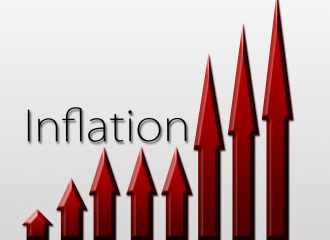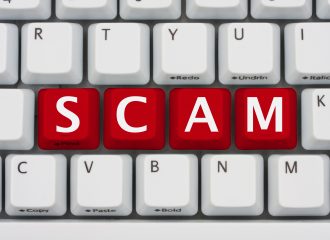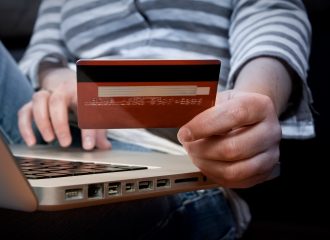4 Dangerous Financial Traps to Avoid During the COVID-19 Pandemic

The worldwide pandemic has made millions of American’s financial health much more complicated. We’re seeing people struggle due to loss of income as the pandemic caused their companies to lay them off or reduce their hours. These things are happening all over the globe and are absolutely out of our control.
But while these are out of our hands, there are still a few important things that we can control during this pandemic, such as our spending habits.
This article will discuss four common money traps that you need to avoid during this pandemic to ensure that your financial situation will not get worse.
Spending because of boredom
Although several states have already loosened up on the restrictions, there are still many places that urge citizens to minimize traveling, especially non-essential travel. Citizens are also urged to avoid malls and restaurants as much as possible to lessen their chances of catching and spreading the virus.
You may think that it would be less difficult to save money when you can’t go out to malls and restaurants – but the truth is that it’s easier to get lost in mindless spending when you’re all cooped up at home. Boredom can easily lead you to overspend, especially on things that you don’t need. If you’ve been working all week in front of your computer, it’s not surprising for you to start thinking that you deserve a reward. Luckily for you–and unluckily for your wallet–your favorite online shop is only several clicks away.
This isn’t to say that you shouldn’t spend any money at all. Maybe you do deserve that reward – however, you have to plan your expenses properly. Don’t let your boredom dictate your spending. Spend according to your budget plan. You may also want to remove the automatic credit card input. Putting them in manually gives you an additional psychological barrier and gives you more time to think about your purchase.
Borrowing irresponsibly
The COVID-19 pandemic has made the situation difficult for everyone, and if you need to take out loans to stay afloat, then that’s perfectly justifiable. However, one must always be smart about managing their debts, much more so in these conditions.
These record-low rates on home mortgages may make you consider a refinance loan, for example, staking your house to cover your essentials. While this may be alright if the rates are indeed meager, it wouldn’t make much sense otherwise.
It’s now also easier to withdraw or borrow from your 401k, but this would jeopardize your plans and emergency funds. Who knows what lies ahead in the future? It’s best to leave your retirement funds alone except when you’re really struggling in the present.
For the moment, assuming you have some funds and a relatively decent credit score, consider using 0% APR cards. They have a promotional introductory period that you can borrow from without interest, and they last from several months to more than a year. With this, you can borrow for a long time and pay it back when you have your feet under you.
Overdependence on government action
While we should always keep the government accountable for their actions for alleviating the COVID-19 situation as a whole, it’s important not to rely on them completely to bail you out of your financial problems. If you’re waiting on some stimulus check, it’s best to stop completely relying on it and take control.
Efficiently manage your money, plan out your actions, and take concrete steps. If one of these plans involves you asking for help from government agencies for grants or loans, then, by all means, do so – but this help should not be an excuse to escape your responsibility.
Ultimately, you are still the one who is most responsible for your life.
Relying on get-rich-quick scams
The recent pandemic has bought about a surge of fraud cases. According to research by The Ascent, there have been 184,000 reports of fraud that is in some way related to the COVID-19 stimulus checks, amounting to upwards of $124 million of lost money.
These scams have worn lots of faces, such as shopping and travel scams, phishing attempts and identity thefts, fake online jobs, pyramid schemes relating to online distribution of various kinds of products, and even fake COVID-19 testing kits or treatment packs.
These scams would not just take your money outright. They’re also very costly to recover from. No one needs additional financial stress in these times – and these are headaches that can be avoided once you know what to look for. The general guideline is; anything that promises you to get rich quick, or anything that requires you to recruit more members to ‘profit, ‘is most likely a scam.
Avoid these like the virus, and you’ve just saved both your wallet and your mind.
Conclusion
The COVID-19 situation is already pretty hard on us all, and there’s absolutely no reason that it should be harder. By avoiding boredom spending, borrowing irresponsibly, being overdependent on the government, and financial scams, you may not have made your situation better per se, but you’ve definitely saved it from getting much, much worse.






